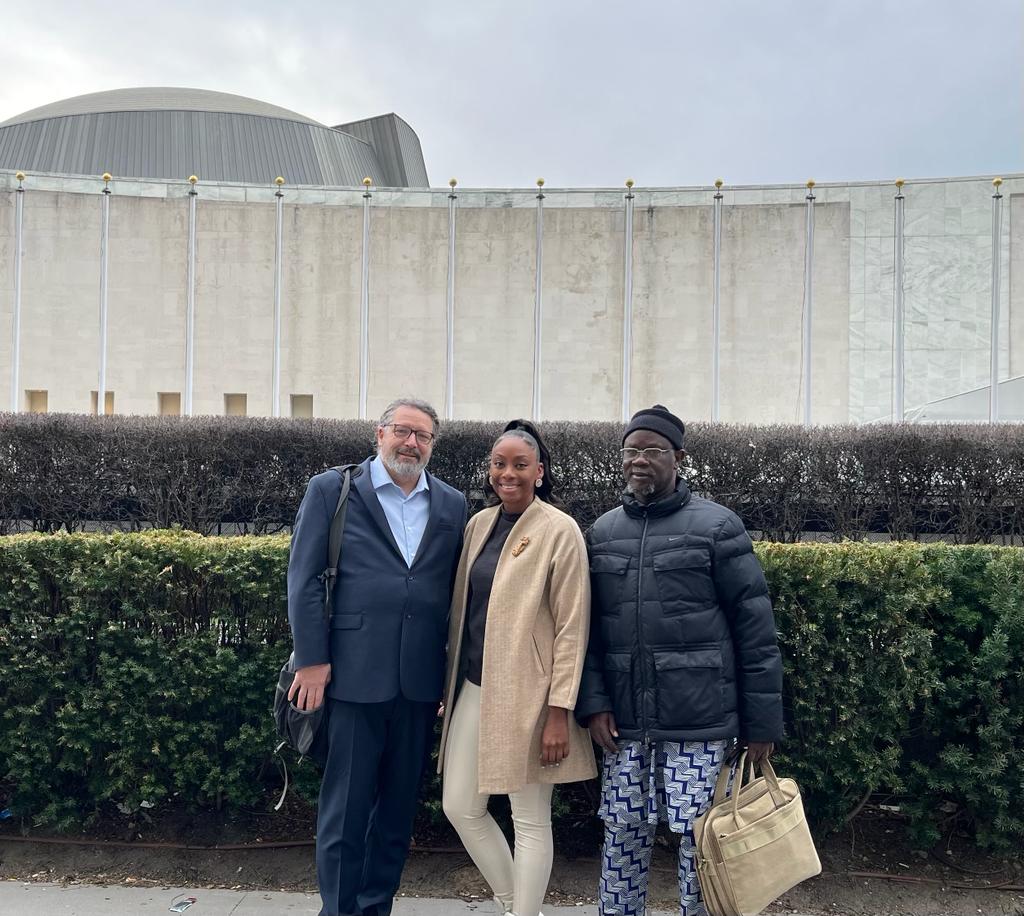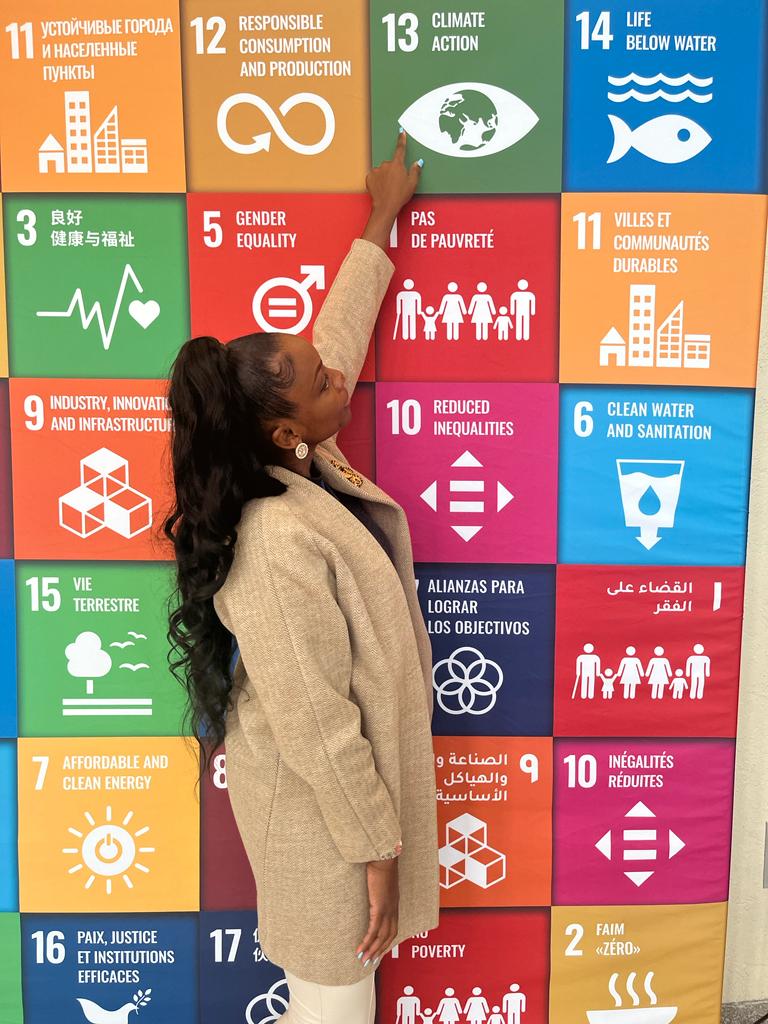Advocates say, ‘Oil is no way to secure a clean water future.’
UN Headquarters, New York – A delegation from Our Islands Our Future (OIOF) is joining governments and stakeholders worldwide at the 2023 United Nations Water Conference (March 22-24) in New York City as they work to solve the earth’s water crisis. The Water Conference coincides with World Water Day (March 22) and addresses access to clean water for this and future generations. This is a once-in-a-generation event, as the Water Conference hasn’t been held since March 1977.
In The Bahamas, the fight for this fundamental human right goes far beyond basic pollution – it cannot occur outside the conversation around oil drilling and its far-reaching risks. The coalition has repeatedly called for a permanent ban on all oil drilling in Bahamian waters to protect our valuable tourism and fishing industries. In addition, the coalition researched Bahamian law and published a Pathway Toward an Oil Drilling Ban in 2022, which identified a temporary moratorium and permanent parliamentary ban as the best pathway forward.
“Governments and stakeholders are making commitments to push progress on the UN Sustainable Development Goal 6 (also known as SDG 6), which ensures access to safe water for health and well-being,” said Rashema Ingraham, Executive Director of Waterkeepers Bahamas. “What will The Bahamas’ commitment be? We need rapid change to secure access to safe water”.
As seen in the aftermath of Hurricane Dorian and the 2019 Equinor spill on Grand Bahama, the impacts of climate change and oil spills often exacerbate issues affecting access to clean water. The pollution from the spill, now three-and-a-half years on, still hasn’t been fully cleaned up and has impacted groundwater and soils on the island. The Bahamas remain immensely vulnerable without the infrastructure to respond to a significant spill.
“The climate crisis is also a water crisis. From the increased intensity of superstorms to the food chain and fishery impacts of warmer and more acidic waters to droughts, to toxic algae blooms, we are now simultaneously adapting to and trying to mitigate climate change”, said Chris Wilke, Waterkeeper Alliance. “The last thing we need is more fuel on this fire in the form of new fossil fuel production.”
The most recent United Nations Intergovernmental Panel on Climate Change (IPCC) assessment report, published in March 2023, makes the imperative for immediate action on fossil fuels all the more clear:
‘Climate change is a threat to human well-being and planetary health. There is a rapidly closing window of opportunity to secure a liveable and sustainable future for all. Climate resilient development integrates adaptation and mitigation to advance sustainable development for all and is enabled by increased international cooperation, including improved access to adequate financial resources, particularly for vulnerable regions, sectors and groups, and inclusive governance and coordinated policies. The choices and actions implemented in this decade will have impacts now and for thousands of years.’
Bahamians are still vulnerable to these critical risks until legislation, and government policy establish a permanent ban on oil drilling, fully divesting The Bahamas from fossil fuel production, now and into the future.
The time for leadership is now. With the Bahamas’ high vulnerability to climate change, OIOF calls for seizing the moment to lead the global transition away from fossil fuels. By approving and implementing a permanent ban, The Bahamas can show the world the best way out of the crisis, which only benefits our long-term interests to secure a liveable future.
“The sooner the world transitions from oil, the better off we will be. The best way to show leadership and ensure a sustainable future is to permanently ban oil drilling in our waters for either exploration or exploitation”, said Casuarina McKinney-Lambert, Executive Director of BREEF. “We cannot risk the safety, the health of humans and the quality of marine life that impacts livelihoods for oil”.
Our Islands, Our Future is a coalition of over 150 businesses, environmental groups, tourism advocates, and other Bahamian and international leaders determined to stop dirty, dangerous offshore oil drilling in The Bahamas.



